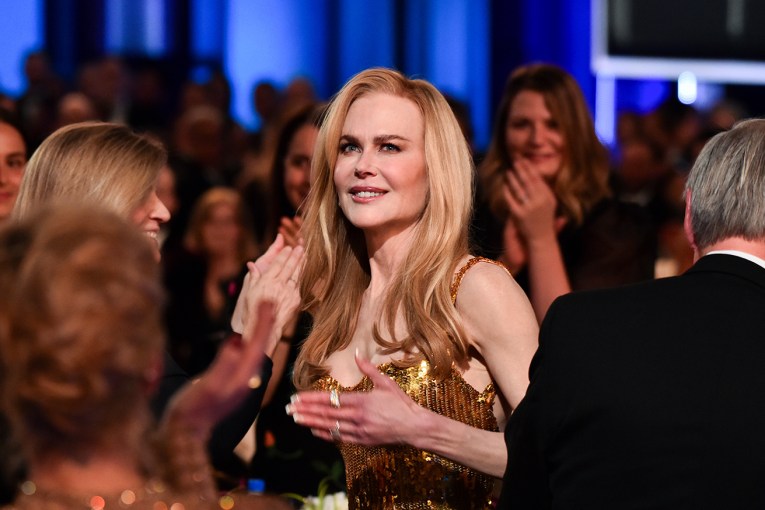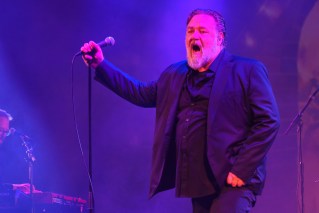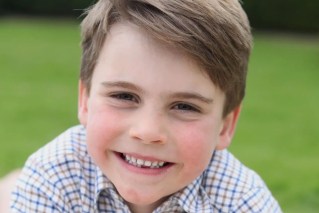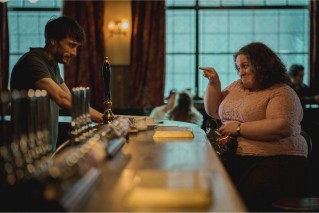Be kind, be brave and be safe: The five life-changing lessons I learned in a crisis

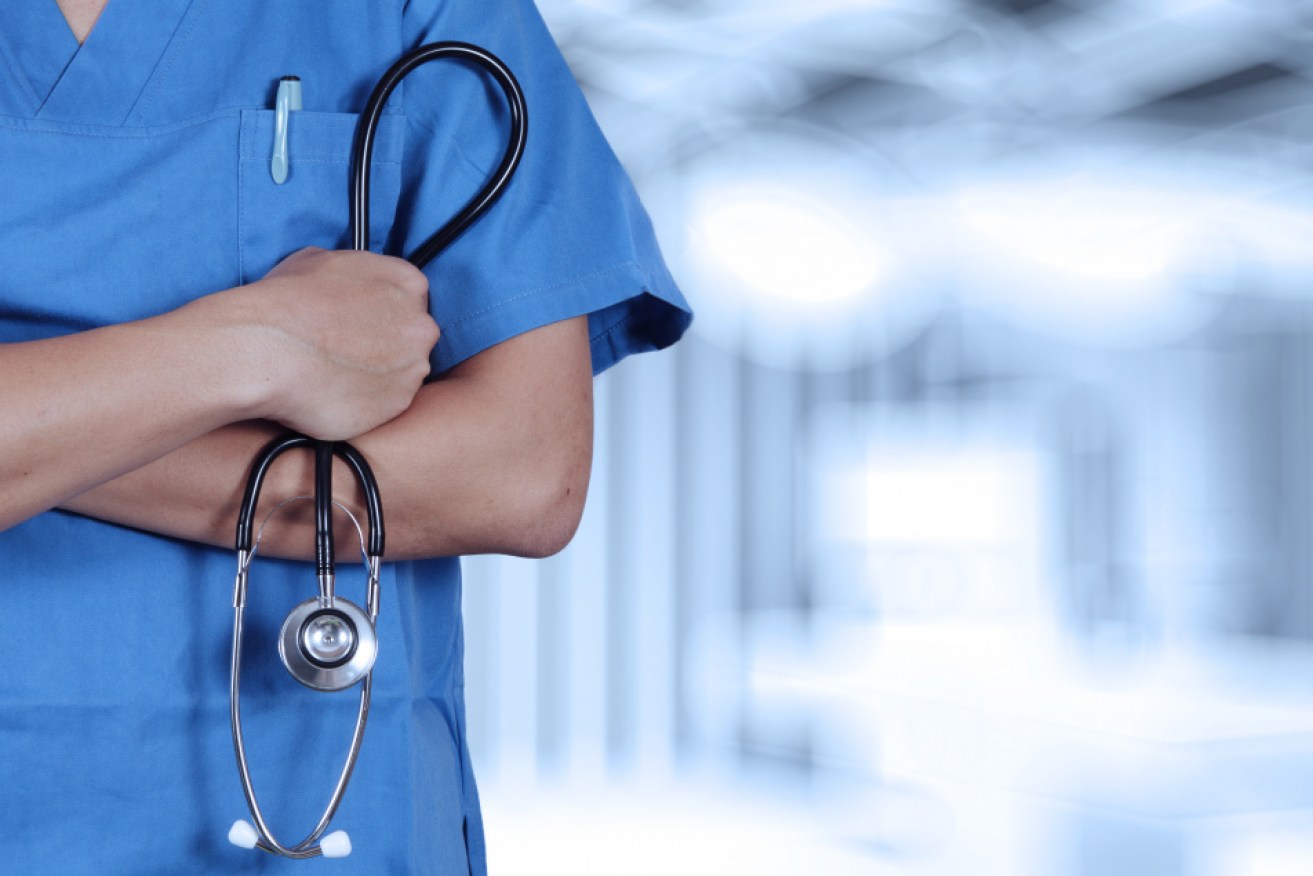
Christine Jackman says we must look after our world-class health care workers. Photo: Getty
“There’s a parasite eating your eye.”
Nobody wants – or expects – to hear those words coming out of their doctor’s mouth.
But a little over a year ago, that was the news delivered by my ophthalmologist.
Had I not been in hospital at the time, and in the grips of the worst pain I’ve experienced besides childbirth, I might have laughed at what sounded more like the title of a B-grade horror movie than a medical diagnosis.
But as I struggled to pronounce acanthamoeba – the name of the rare parasite that had invaded my eye – my world was already tipping off its axis, normalcy sliding away.
A day earlier, I’d been in New Zealand attending a conference on mindfulness, of all things.
Now, I was being rushed through admissions at one of Queensland’s largest public hospitals, so that the nurses could begin a punishing regime of hourly eyedrops and medication, delivered around the clock.
Now, as I witness Australians struggling with the implications of COVID-19, so much of the experience seems oddly familiar.
In pathological terms, the microscopic, water-loving acanthamoeba has very little in common with the virulent airborne virus that has now reached pandemic proportions.
But in terms of impact on patients, there are some striking similarities.
In both cases, the prognosis is extremely serious (although fortunately not life-threatening in my case), with no cure available and treatment options limited and unreliable.
Put bluntly, some patients respond better than others and it is not always clear why.
And while acanthamoeba is not infectious, the treatment is so painful and renders the eye so light-sensitive, a patient is effectively confined to a darkened room for weeks, if not months.
Would it have made my experience any better if I’d known ‘social distancing’ and ‘self-isolation’ would soon become catchphrases, courtesy of some germs festering in a bat cave in a faraway Chinese province?
Almost certainly not.
But I did learn a few things as the reluctant host to a bunch of greedy microscopic tenants – and I’ll share five of them here, in the hope they might help others struggling to adjust to life in the age of COVID-19.
Firstly, it’s OK to feel scared, irritable, sad or just unsettled. It’s more than OK – it’s normal.
We human beings really don’t like discovering how little control we have over our lives.
And the more “advanced” our societies get, the easier it is to believe that we are masters of our domain. But that’s a mirage.
Whether it’s a fever or a flat tyre, a missed call or a misunderstanding, there are myriad ways our carefully laid plans and expectations can be torn asunder.
The real miracle is that it doesn’t happen more often.
The only ‘control’ we really have is how we respond to each moment as it unfurls – so let go of past regrets and future plans and simply do whatever good or constructive thing presents itself right now.
Secondly, community is everything in a crisis.
At my lowest points, it was the support of my family and the kindness of friends and neighbours that sustained me.
Not my work or my university degrees, nor the government or any other faceless entity.
If you are not sick or self-isolating and you are not in a high-risk category, stop fretting about how much toilet paper you may need, or whether or not our governments could be doing more.
Instead, do everything you can to strengthen your community.
Create a Facebook group to co-ordinate other healthy people in your neighbourhood to help run errands for those who are self-isolating or vulnerable.
Print copies of this postcard and letterbox with your friends or kids.
Or visit the Red Cross and give blood.
Thirdly, I learned that Australia really does have some of the best healthcare workers in the world – and we need to take care of them.
As COVID-19 spikes, many will be risking their lives when they go to work each day.
The very least the rest of us can do in return is remember the manners we teach our children when we interact with doctors, nurses or other health professionals.
Say ‘please’ and ‘thank you’ and be prepared to call out others’ abuse.
The fourth insight I gained from being isolated is that sunshine is so much better than social media.
Nothing makes you appreciate the sun’s embrace more than being stuck in the dark for weeks.
And few things can erode your faith in humanity faster than spending hours chasing diversion on social media.
Step away from the artificial heat and noise and get out into Nature.
Finally, I realised that I am lucky.
A year on, it’s not yet clear whether the parasite has been completely eradicated from my eye, but my sight has been spared.
Sure, I lost money and opportunities during my illness, but things could have been so much worse.
I have my family and I have my community – and while we can’t control how this pandemic plays out, we can choose how we tackle it together.
Be kind, be brave and be safe.
